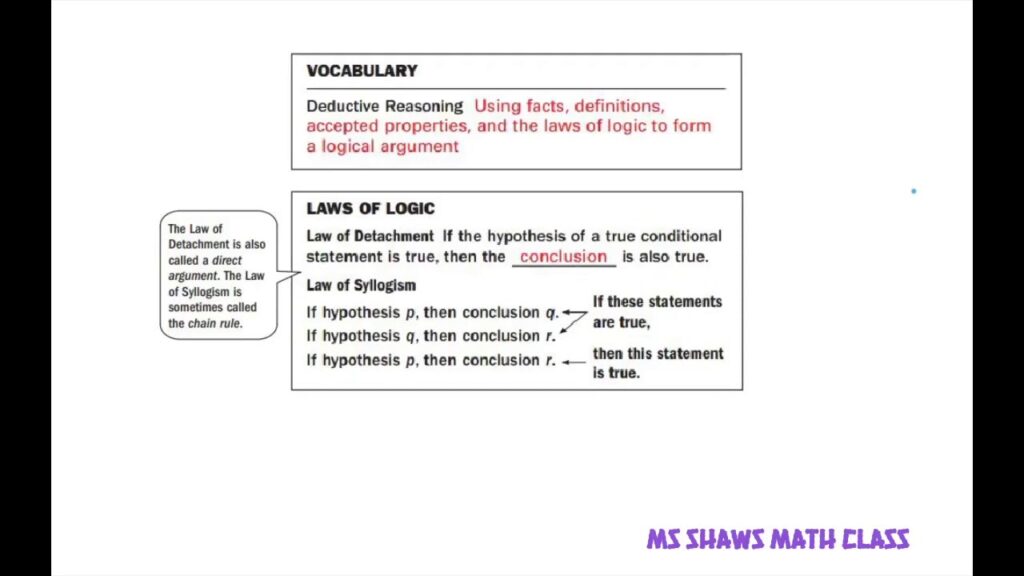Master the Legal Logic: Learn About Juridical Reasoning in English

If you are an international student studying law in an English-speaking country, you may find it challenging to grasp the legal reasoning and terminology used in English law. However, mastering juridical reasoning in English is essential to succeed in your studies and future career as a legal professional. In this article, we will explore the basics of juridical reasoning in English, including its principles, types, and how to improve your legal reasoning skills.
What is Juridical Reasoning?
Juridical reasoning is a process of legal reasoning used by judges, lawyers, and legal scholars to analyze and apply legal principles to a particular case or legal issue. It involves interpreting legal texts, analyzing legal precedents, and applying legal principles to reach a logical and reasonable conclusion. Juridical reasoning is essential to the legal system as it ensures fairness, consistency, and predictability in legal decisions.
The Principles of Juridical Reasoning
Juridical reasoning is based on several principles, including:
- Stare Decisis: The principle of following established legal precedents.
- Legal Interpretation: The process of interpreting legal texts, including statutes and case law.
- Legal Analysis: The process of analyzing legal principles and applying them to a particular case.
- Logical Reasoning: The process of applying logical principles to legal arguments to reach a logical conclusion.
Types of Juridical Reasoning
Juridical reasoning can be classified into two types: deductive reasoning and inductive reasoning.
Deductive Reasoning: Deductive reasoning involves applying general legal principles to a particular case. For example, if a legal principle states that all contracts must be in writing, and a particular contract is not in writing, then the contract is considered invalid.
Inductive Reasoning: Inductive reasoning involves deriving general legal principles from specific cases. For example, if a judge makes a ruling in a specific case, the legal principle established in that case can be applied to similar cases in the future.
How to Improve Your Juridical Reasoning Skills
Improving your juridical reasoning skills takes time and practice. Here are some tips to help you improve your legal reasoning skills:
- Read Legal Texts: Read legal texts, including statutes and case law, to gain a better understanding of legal principles and how they are applied in legal cases.
- Practice Legal Analysis: Practice analyzing legal principles and applying them to hypothetical cases. This will improve your legal analysis and deductive reasoning skills.
- Participate in Legal Discussions: Participate in legal discussions with your peers and professors to develop your inductive reasoning skills.
- Attend Legal Seminars: Attend legal seminars and workshops to learn about new legal concepts and how they are applied in practice.
Conclusion
Juridical reasoning is an essential skill for law students and legal professionals. Understanding the principles and types of juridical reasoning in English will help you succeed in your studies and future career. By practicing legal analysis, participating in legal discussions, and attending legal seminars, you can improve your legal reasoning skills and become a successful legal professional.
FAQs
1. What is juridical reasoning?
Juridical reasoning is a process of legal reasoning used by judges, lawyers, and legal scholars to analyze and apply legal principles to a particular case or legal issue.
2. What are the principles of juridical reasoning?
The principles of juridical reasoning include stare decisis, legal interpretation, legal analysis, and logical reasoning.
3. What are the types of juridical reasoning?
The two types of juridical reasoning are deductive reasoning and inductive reasoning.
4. How can I improve my juridical reasoning skills?
You can improve your juridical reasoning skills by reading legal texts, practicing legal analysis, participating in legal discussions, and attending legal seminars.
5. Why is juridical reasoning important?
Juridical reasoning ensures fairness, consistency, and predictability in legal decisions and is essential to the legal system.
Deja una respuesta